The elections in Ghana, scheduled for 7 December, are a moment of truth for the country bashed by economic turmoil. (Photo by Ernest Ankomah/Getty Images)
The elections in Ghana, scheduled for 7 December, are a moment of truth for the country bashed by economic turmoil, increasing political polarisation and crisis of confidence among its people.
Since 1993, when the country embarked upon democratic governance, Ghana has been touted as an example of peace and stability in West Africa. Yet, with the country faced for the first time with a sovereign debt default, high inflation and a population whose confidence in the institutions of the land is worn down, this election becomes one of importance beyond the simple normal transfer of power — a chance for Ghanaians to decide their future and demand better governance.
The stakes could not be higher: driven by skyrocketing food prices, inflation has reached 22%, with more than 30% of Ghanaians living in poverty. The inability of parliament to pass a provisional budget owing to partisan deadlock has further deteriorated the crisis, thus leaving the fiscal future of the nation in limbo. Ghana’s indebtedness is now at an astonishing 70.6% of GDP, illustrating years of mismanagement and unsound borrowing. For many in Ghana, this has been an existential struggle: the retiree who just saw his life savings vaporise into a debt restructuring programme, the trader in the market who cannot afford goods and the graduate with no job several years into his graduation. These stories together paint a grim picture of a nation in distress.
And yet, in this atmosphere of disillusion, the elections on 7 December offer an opportunity for Ghanaians to break the shackles of entrenched political allegiance and demand accountability, transparency and innovation from leadership. The political landscape has polarised between the ruling New Patriotic Party (NPP) and the opposition National Democratic Congress (NDC). But this year, the emergence of independent candidates such as Alan Kyerematen, a former member of the NPP and former trade and industry minister, shook things a notch.
Kyerematen’s Great Transformational Plan could end the stranglehold of the two giant parties and resolve some of the critical economic problems. In contrast, Vice-President Mahamudu Bawumia, under the NPP, has centred his campaign on a recovery narrative hinged on digital innovations and infrastructural development. Bawumia is still faced with crises on most of those he promised to solve.
Former president John Dramani Mahama, of the NDC, comes off as a reformist, emphasising an “emergency restart” of the economy and appealing to his past experience. Yet, the record of Mahama himself during his presidency has not been unblemished, and how far he can deliver this time around on what he is promising remains in doubt.
It is an environment that has opened up avenues for Kyerematen, who hopes his campaign will slice through traditional politics of division. Running on the ticket of his Movement for Change, he has appealed to a growing constituency of Ghanaians disenchanted with the two major parties. The emphasis on unity, pragmatic governance and long-term economic planning speaks to an electorate yearning for something different. His independent candidature notwithstanding, beset by high structural and financial barriers, his participation may still drain votes from the two established parties, perhaps even produce a run-off that will alter Ghana’s political course.
But it goes far beyond the ballot box: Ghana’s democratic institutions are under heavy strain. A protest over claimed irregularities in voter registration, together with the fear of electoral malpractices, threatens to undermine public confidence.
Although the signing of peace pacts by candidates is a move in the right direction, more than symbolic gestures are needed to guarantee that the election process will not be tarnished. The Electoral Commission of Ghana must ensure transparency and impartiality if the process is not to degenerate into chaos.
For an average Ghanaian, the elections are personal. They are about the price of bread, the cost of fuel, the availability of jobs and hope for a better tomorrow. These are economic frustrations that drive voter sentiment, and that is why recent polls show that eight out of 10 Ghanaians believe the country is headed in the wrong direction.
This election became a referendum not only on the economic policies of the NPP but also on its wider failures in governance that had left millions abandoned by the system. Elections alone cannot resolve the issues affecting Ghana. A radical change of course inevitably entails a paradigm shift in the exercise of power and decision-making. It takes political leaders who will put the national interest over partisan gain, who will listen to the people’s will, and who have the courage to make necessary but politically painful reforms. And it requires that citizens do more than simply vote on election day; they must hold their leaders accountable and demand the transparency and efficiency that Ghana’s democracy promises, but so far has not delivered.
The 7 December elections are a test of how Ghana can emerge from incredibly trying times. This can be an opportunity for the country to repledge its democratic credentials to justice, accountability and inclusivity. They offer Ghanaians the prospect of envisioning a future that is not constrained by the setbacks of the past but shaped by the aspirations of its people.
As Ghanaians go to the polls, one thing is certain: this is not a vote, but a choice about the kind of country Ghana needs to be. Whether this country is going to be in economic disarray and in a political mess, or uses this moment in time to inscribe her next chapter is still a story in the hands of her people, whose unified voices will shape them into the needed change.
Vhahangwele Tsotetsi is a South African and a consultant for Alan Kyerematen, an independent presidential candidate in the upcoming Ghanaian elections.










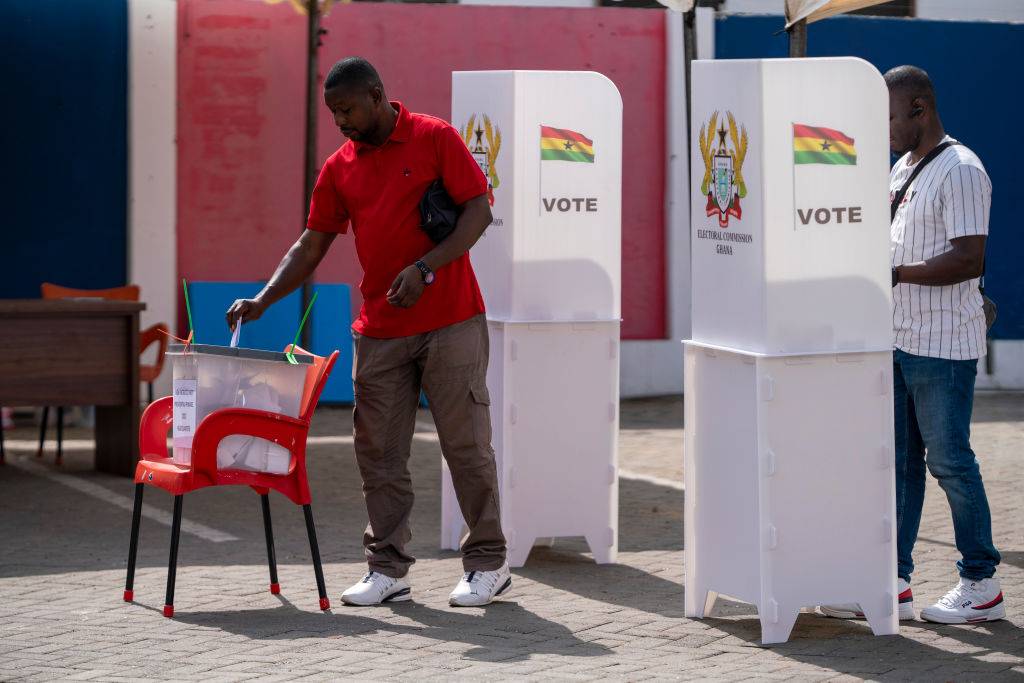

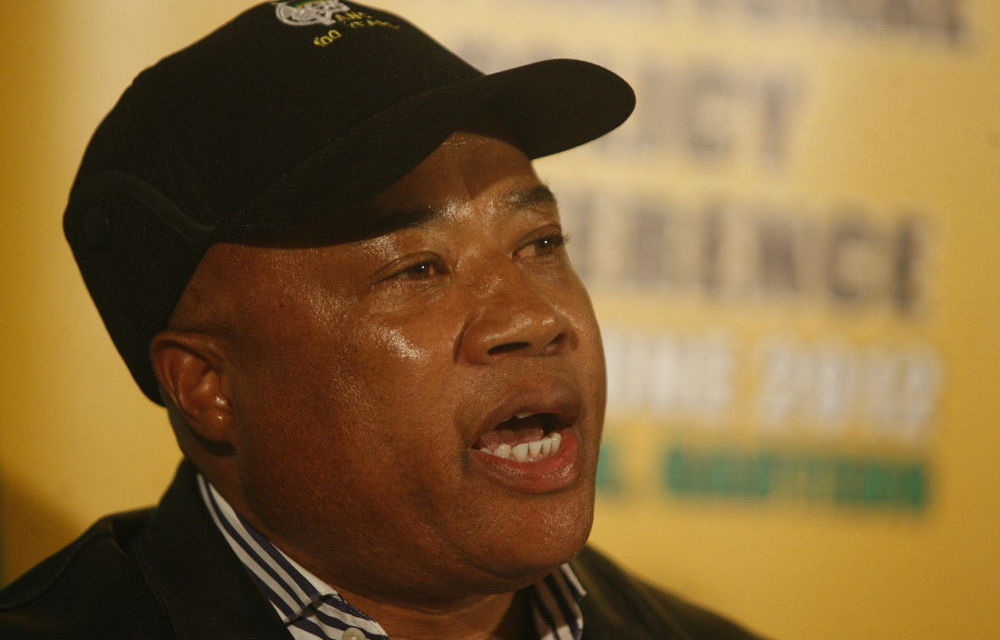

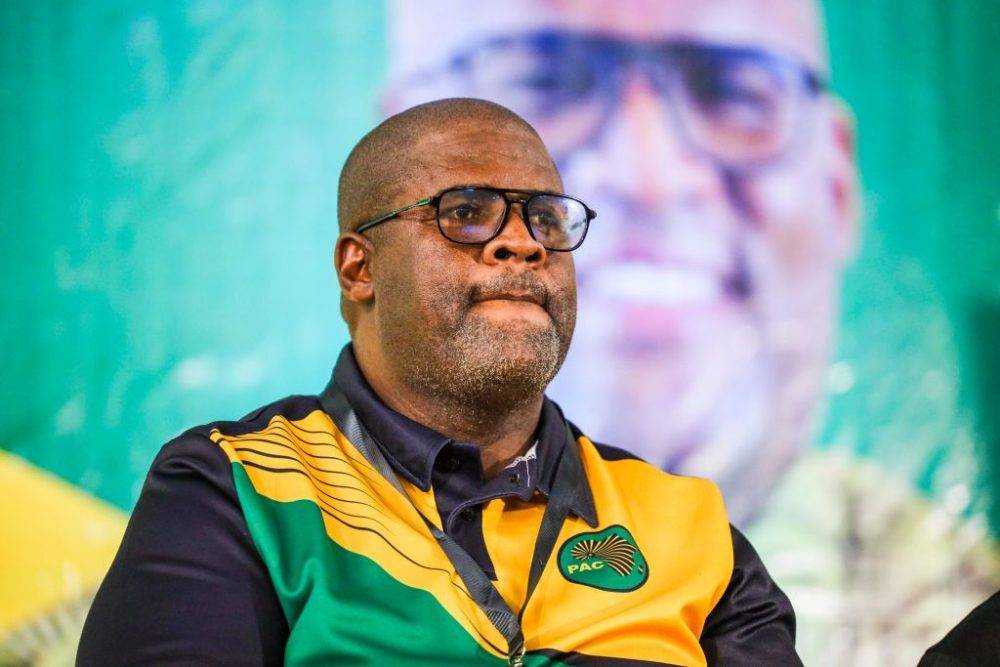

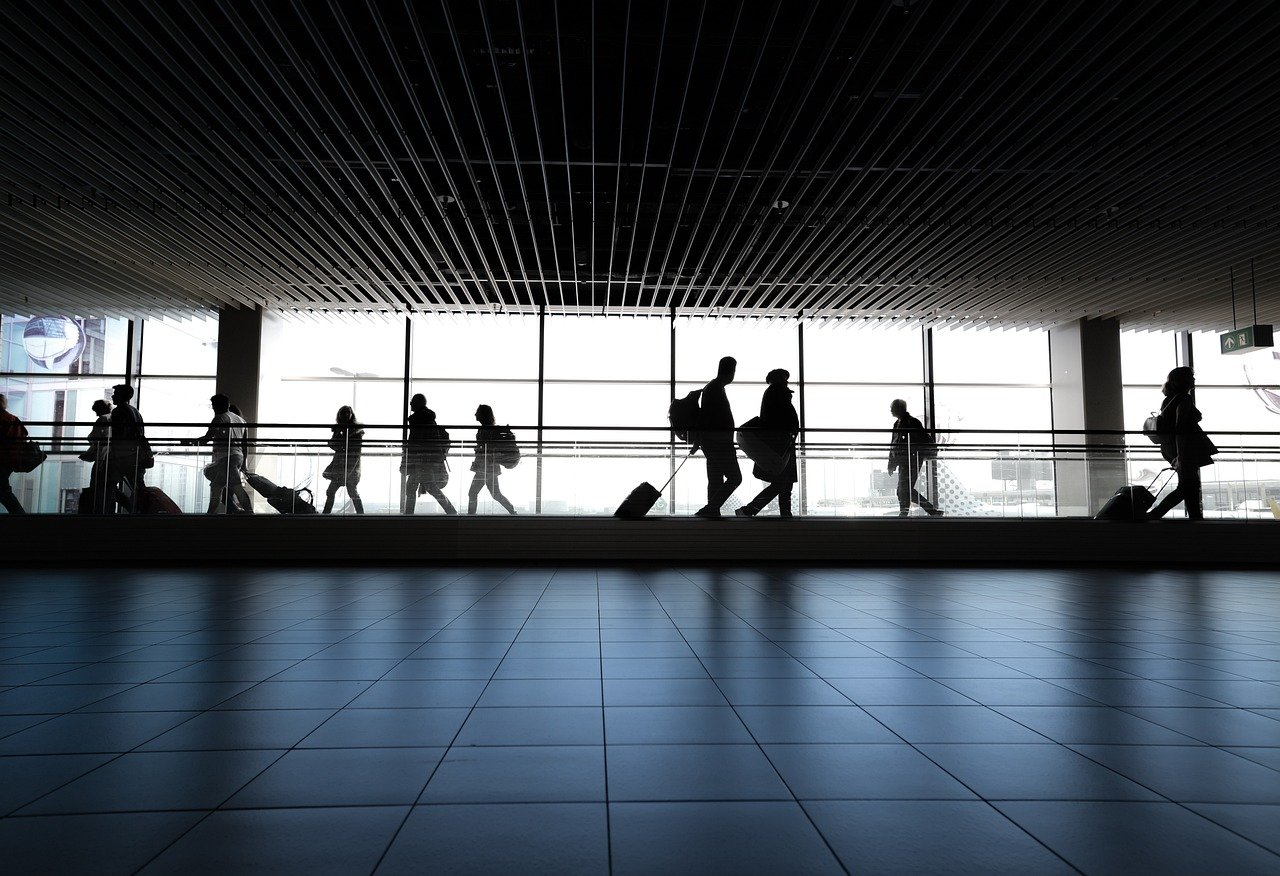
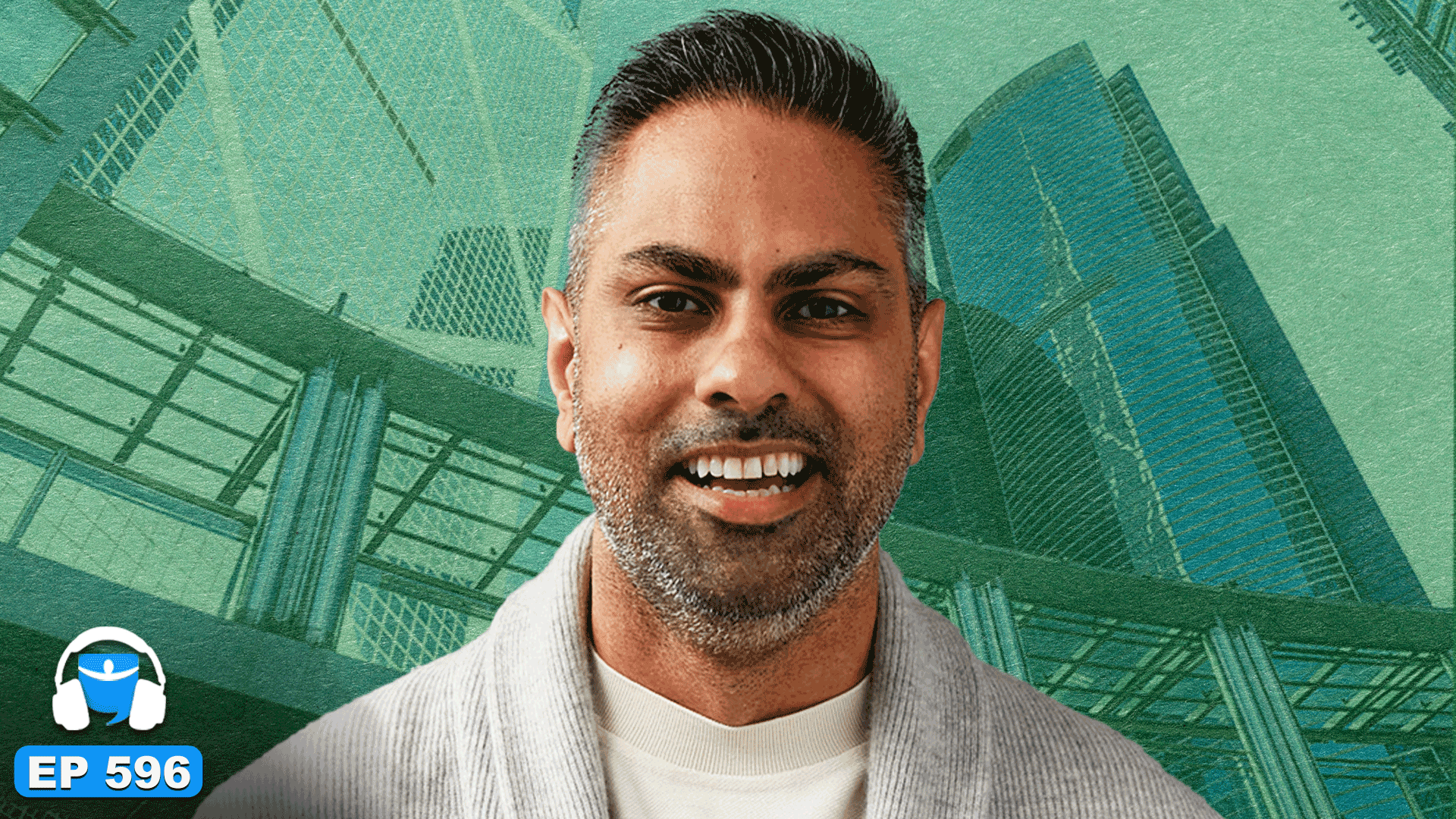



Discussion about this post